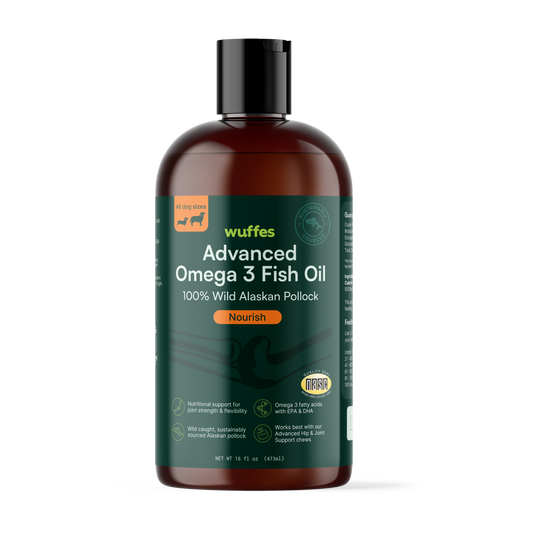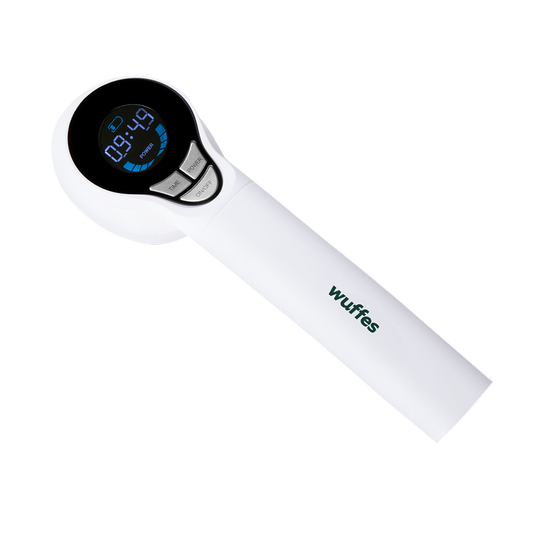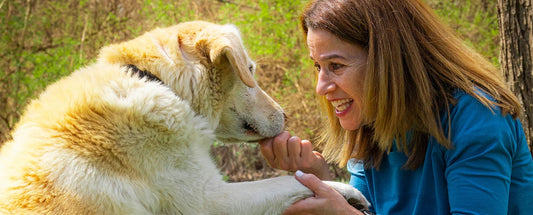Much like humans, our furry friends will experience changes in their body as they grow older (although they'll always be puppies in our eyes). It’s essential to learn how to care for elderly dogs while they are still young and active. The sooner you understand their needs, the longer your pet will remain happy, comfortable, and healthy.
What to expect with an aging dog
The changes in a senior dog’s body are similar to those experienced by elderly humans. Both physically and mentally, you may notice subtle—and sometimes more pronounced—changes as your dog ages.
Elderly dogs often experience a decrease in appetite and stamina, requiring more time to recuperate their energy. As a result, they may move slower and take longer naps. Additionally, some breeds, particularly those with thicker coats, may shed more fur.
While these changes are generally not alarming, it's important to note that senior dogs are more susceptible to infections and may develop minor health issues as their immune systems weaken with age.
How do you take care of an aging dog?
Now that you know what to expect, here are a few ways to ensure your aging dog remains comfortable:
- Frequent Veterinary Visits: Regular check-ups with your vet are crucial. This allows for early detection and intervention of any infections or diseases, helping to address issues before they escalate.
- Support Joint Health: Joint health is essential for maintaining your dog's mobility as they age. Increasing your dog's intake of nutrients that enhance joint health can help support cartilage health and overall joint function. A high-quality joint supplements formulated for senior dogs can provide these essential nutrients in an easily digestible format.
- Increase Omega-3 Fatty Acids: Incorporating Omega-3 fatty acids, such as those found in , is important for maintaining healthy skin and coat as well as supporting joint health. Omega-3s can help promote healthy inflammatory pathways and promote overall well-being.
Home Accommodations: Consider making your home more accommodating for your elderly dog. For instance, if you live in a multi-story house, adding a small ramp can make it easier for your dog to navigate. Increasing the number of water bowls around the house can also ensure your dog stays hydrated without needing to traverse long distances.
- Invest in Multivitamins: While a balanced diet can provide various vitamins, senior dogs often require an increased intake of essential nutrients. Providing high-quality multivitamins can support their overall health and address specific deficiencies.
- Digestive Support: A digestive supplement can also be beneficial, as aging dogs may struggle with food breakdown, leading to poor nutrient absorption.
Taking care of an aging dog may require more effort and patience than caring for a younger one, but it is a meaningful journey. Remember, you are caring for a companion who has brought you love and joy over the years.











